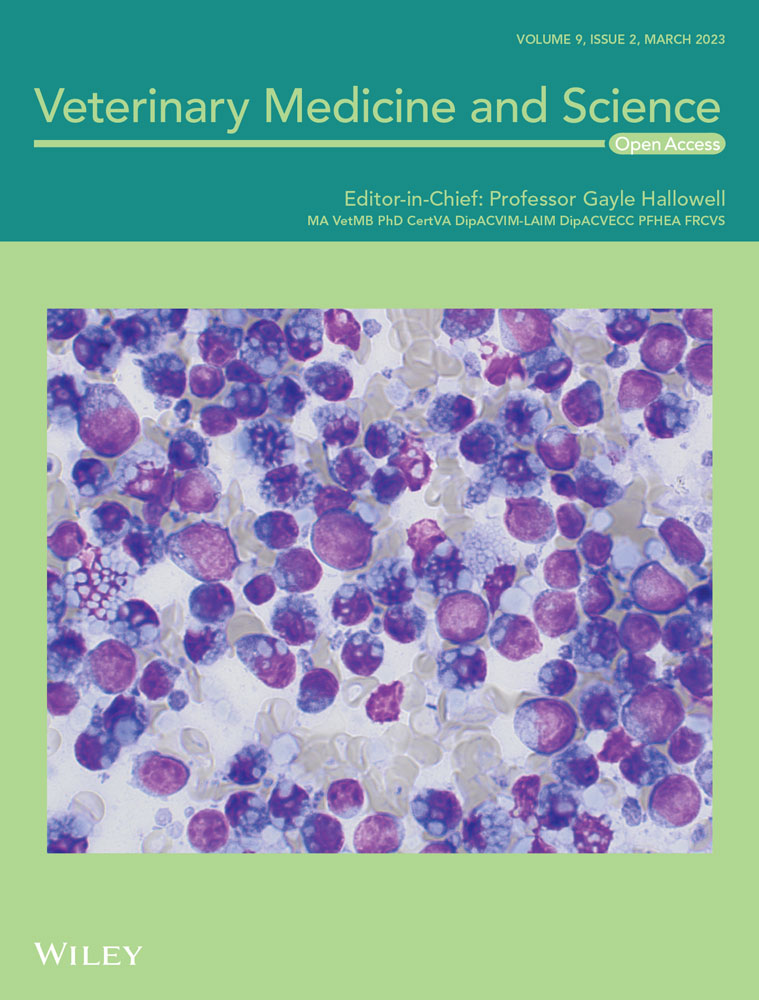Seroepidemiology of peste des petits ruminants virus in small ruminants in selected districts in Northwest Ethiopia
Abstract
Background
Peste des petits ruminants (PPR) is one of the most severe diseases of small ruminants, causing the loss of millions of dollars annually. A cross-sectional study was conducted to determine the seroepidemiology of peste des petits ruminants virus (PPRV) in unvaccinated sheep and goats in selected districts in Northwest Ethiopia.
Objectives
The study was designed to investigate the epidemiology of PPRV in unvaccinated sheep and goats and risk factors in the study areas.
Methods
A multi-stage sampling was used to select study districts, villages and households with a random sampling approach. Study animals (403 sheep and goats) older than 5 months were selected with a systematic random sampling approach. From the animals, blood samples were aseptically collected and PPRV antibodies from the serum were analysed with enzyme-linked immunosorbent assay (ELISA).
Results
The overall seroprevalence of antibodies to PPRV was 32.5% in both species. It was higher in goats with a prevalence of 34.7% than in sheep (28.3%). District, herd size, sex, animal origin and grazing management were significantly associated with seropositivity of animals to PPRV antibodies. If an animal was from the Dangur district, it had 2.6 times higher chance of being positive than in the Dibati district (OR = 2.6, p = 0.01 and 95% CI = 1.2– 5.6). Herd size was also significantly correlated with the seropositivity with (OR = 4, p = 0.001, and 95% CI = 1.8–9). Also, male animals had 1.7 times higher chance of being positive than females. Further, if an animal comes from the market, it has 2.7 times higher chance of being positive compared to animals born and raised on the farm.
Conclusions
The seropositivity indicates that the disease is circulating in the study areas. Hence, preventive approaches, like vaccination campaigns and strict biosecurity measures, are highly advised to avoid the catastrophic impact of the diseases if an outbreak occurs.

